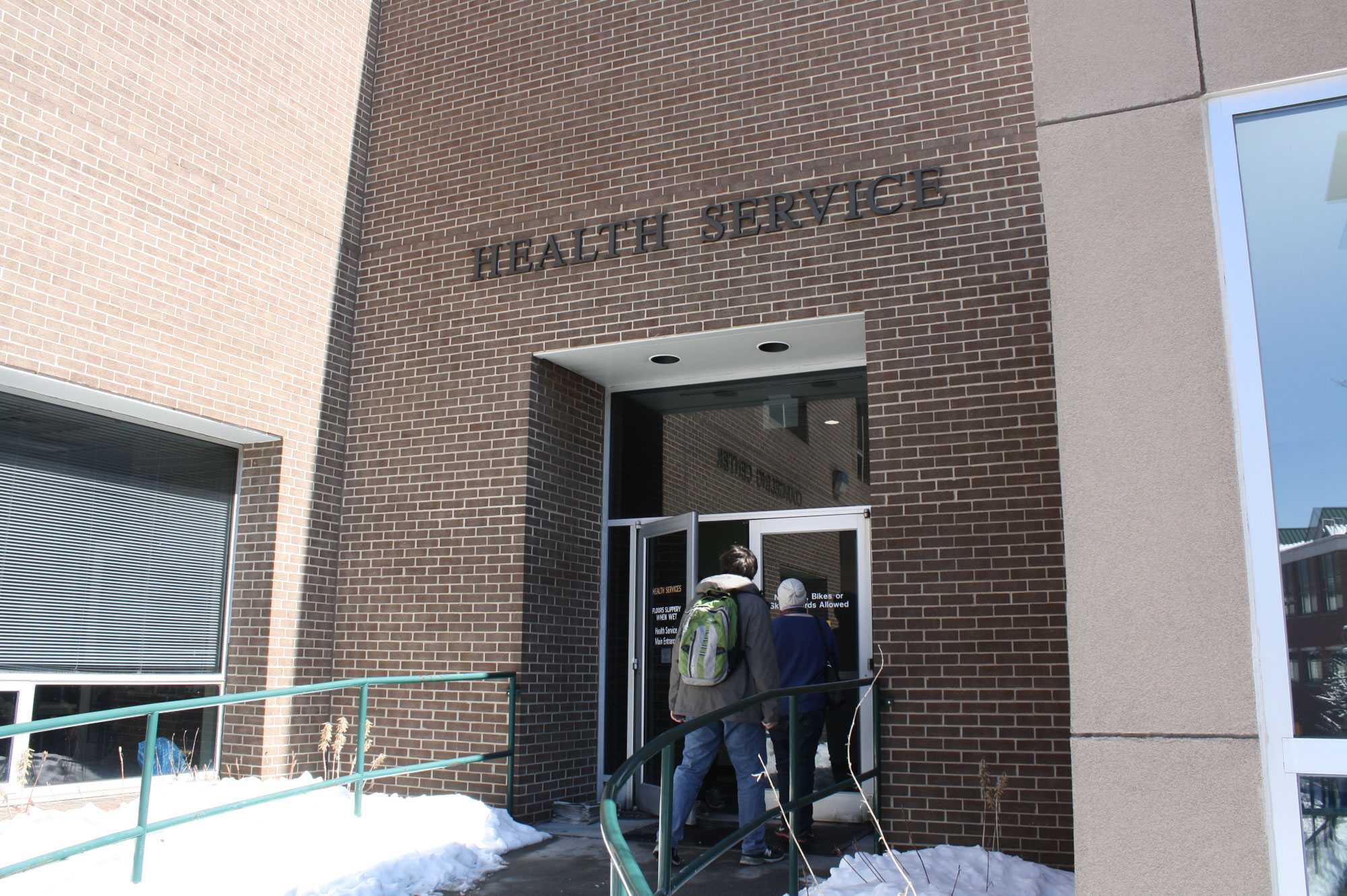The Counseling Center at Appalachian State University will be hosting Eating Disorders Awareness Week March 2-5 as an initiative to create awareness on the issues surrounding the condition.

Counseling Center psychologist Erin Tracy said eating disorders are psychological and medical conditions that affect a large number of college students and therefore, affect academic and social lives as well as the ability to function in other areas.
“The more awareness there is around the complexity of these issues, the more likely that people will seek the appropriate help when they need it as opposed to waiting until things have gotten worse,” Tracy said.
Eating disorders are a prevalent issue in American society. In the United States, about 20 million women and 10 million men suffer from a clinically diagnosed eating disorder in their lifetime, said Sara Lackey, senior political science major and mental health ambassador participating in Eating Disorders Awareness Week.
Among those participating in the events are the mental health ambassadors, but most of the events and contact tables during the week have professionals from the counseling center to assure appropriate and accurate information is presented relating to eating disorders and appropriate treatment, Lackey said.
The event will begin on Monday afternoon on Sanford Mall with a presentation by a representative from Carolina House, a treatment facility for eating disorders in Chapel Hill, titled, “Scale Smashing – You are not what you weigh.”
Students are also encouraged to participate in a cardio dance class that evening at the Student Recreation Center starting at 8:30 p.m.
Judy Scheel, a private practitioner from Boone and producer of the documentary “Personas: Identities of an Eating Disorder,” will also be available to speak on Tuesday after the showing of her documentary in Tater Hill at the Plemmons Student Union from 1-2:30 p.m.
At 6 p.m. on Wednesday in the Three Top Mountain room of the student union, two people who have either recovered or are in the process of recovering from an eating disorder will share their stories.
Tracy said she will be moderating the panel following the recovery stories and the audience will be able to ask questions to these two people along with two professionals, representatives from the Renfrew Center Eating Disorder Treatment Facility in Charlotte and a doctoral intern from the Counseling Center.
Other topics throughout the week include information on weight, mindful eating, helping someone with an eating disorder and developing a positive self-image.
“I think probably the most common misconception is that it’s about vanity and appearance and looking a certain way to look attractive to other people,” Tracy said. “Another common misconception is that only people from particular demographic groups develop eating disorders.”
Tracy said eating disorders do not discriminate and can affect people across racial and ethnic groups, gender and sexual orientation and across the socioeconomic spectrum.
Eating disorders may develop based on family background, genetics, experiences with peers, bullying, personality factors, traumatic events that turn into coping mechanisms, cultural factors and expectations of ideal body sizes, Tracy said.
Lackey said her previous experience with anorexia was not just directly related to eating habits, but also to poor body image, diet restriction and as a way of controlling one aspect of her life when she felt like she couldn’t control others.
Common signs of eating disorders include significant weight loss over a short period of time, restricted eating or binge eating episodes, intense fear of weight gain that may result in self-induced vomiting or laxative abuse, exercising excessively, dressing in particular ways to hide overall body and feeling that self worth depends on weight, Tracy said.
For those dealing with eating disorders, Appalachian offers support and treatment through a short-term model at the Counseling Center, a trained dietician at the Wellness Center and several physicians and a psychiatrist at Food and Health Service, Tracy said.
Tracy is also the coordinator of the Eating Concerns Treatment Team who meet at least once a month to discuss goals for the treatment of clients, how to meet those goals and about any changes that need to be done to best meet the needs of their clients.
The recovery time of a patient with an eating disorder depends on the motivation of the person to let go of the eating disorder, how long they’ve had it and what resources are available, Tracy said.
“I think it’s very important to identify what you value and what matters to you in terms of the life you’re living, because all of us are whole people with lots of components to who we are that have nothing to do with food and weight,” Tracy said. “Using your body in ways that feel good, recognizing that health doesn’t necessarily equate to a certain body size and enjoying activities that you can truly value can all contribute to more acceptance of oneself.”
Story: Chamian Cruz, News Reporter
